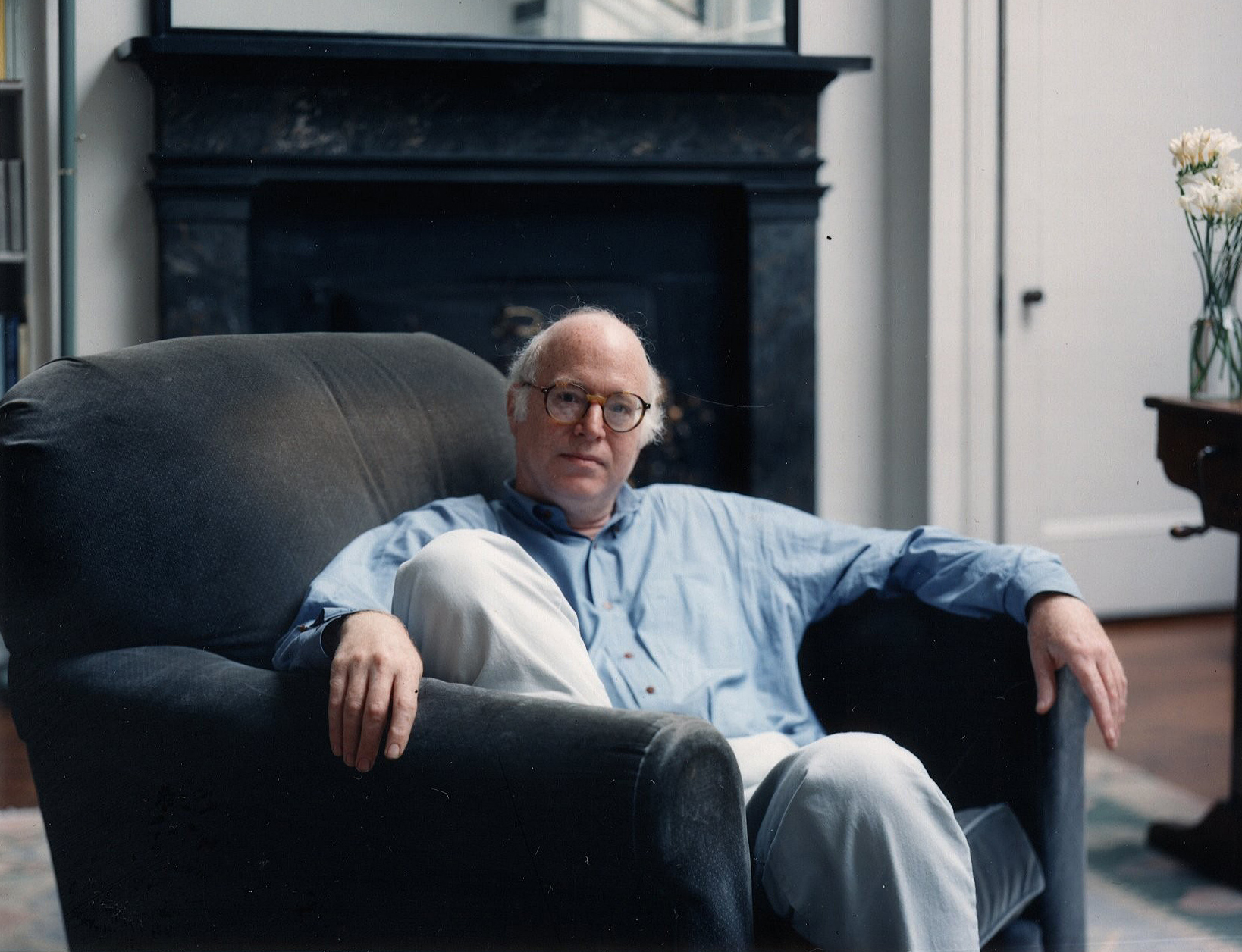Renowned sociologist and public intellectual Richard Sennett will speak Thursday at the University of Virginia on how the design of cities influences social life. His speech, “The Open City,” will take place at 3:30 p.m. Thursday in Minor Hall, room 125. A reception will follow.
The talk is sponsored by U.Va.’s Institute for Advanced Studies in Culture and the Institute of the Humanities & Global Cultures.
“I envy any reader coming fresh to Sennett’s work,” wrote Boyd Tonkin in The Independent’s 2012 review of Sennett’s most recent book, “Together: The Rituals, Pleasures, and Politics of Cooperation.”
Tonkin continued:
“Over four decades, his books have grown, volume by expert, companionable, readable volume, into a comprehensive diagnosis of the ailments of urban life and work, together with a series of hard-headed, historically rooted prescriptions for rescue and reform. From ‘The Fall of Public Man’ and ‘The Hidden Injuries of Class’ through to ‘The Corrosion of Character,’ ‘Respect in an Age of Inequality’ and (in 2008) ‘The Craftsman,’ these books both hold up a mirror to our state – and open the doors that lead beyond it.
“Since 1999, Sennett has held a professorship of sociology at the London School of Economics, with a parallel post at New York University. Yet to call this captivating writer an academic sociologist makes as much, or as little, sense as labeling Mozart a court musician.”
Sennett’s wide-ranging scholarship examines social ties in cities and the effects of modern urban living.
Sennett has argued for the importance of “street life” and the public spaces that facilitate interactions among people of diverse backgrounds.
U.S. cities have suffered from sprawl “predicated on cheap energy,” leading to the “biggest failure of 20th-century planning,” according to Sennett: the decline of the street as a public space.
“There is a lot to be learned from the intense improvisation in the use of streets in the developing world,” he said.
Sennett’s scholarly writing centers on the development of cities, the nature of work in modern society and the sociology of culture. His early books focused on urban life. They included “The Fall of Public Man,” a history of public culture and public space, particularly in London, Paris and New York in the 18th and 19th centuries; “The Conscience of the Eye,” a study of how Renaissance urban design passed into modern city planning; and “Flesh and Stone,” an overview of the design of cities from ancient to modern times.
Another quartet of Sennett books is devoted to labor. “The Hidden Injuries of Class” is a study of class consciousness among working-class families in Boston; “The Corrosion of Character” explores how new forms of work are changing people’s communal and personal experience; “Respect” probes the relation of work and reforms of the welfare system; and “The Culture of the New Capitalism” provides an overview of these changes.
Sennett’s current project is a trio of books that explore what he calls “Homo Faber” (or “man as maker”). In the first volume, his 2008 book “The Craftsman,” he defined craftsmanship as “an enduring, basic human impulse, the desire to do a job well for its own sake.” Sennett theorized that getting really good at something, whether playing violin or making furniture, generally requires at least 10,000 hours of practice, a notion popularized in Malcolm Gladwell’s book, “Outliers.”
The second volume, “Together: The Rituals, Pleasures, and Politics of Cooperation,” argues it takes just as long to become expert at fostering cooperation, but nonetheless offers tips on how to make things happen cooperatively, including how to effectively run an office meeting. The upcoming third volume will address city living.
Sennett founded and directed the New York Institute for the Humanities at New York University. He also chaired a United Nations commission on urban development and design, and he served as the president of the American Council on Work.
Media Contact
Article Information
February 25, 2014
/content/public-intellectual-richard-sennett-discuss-open-city

